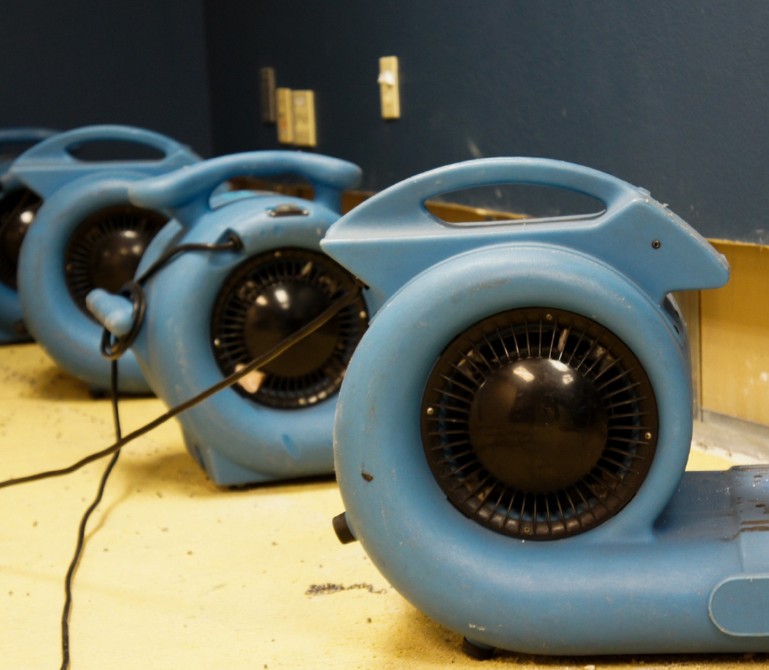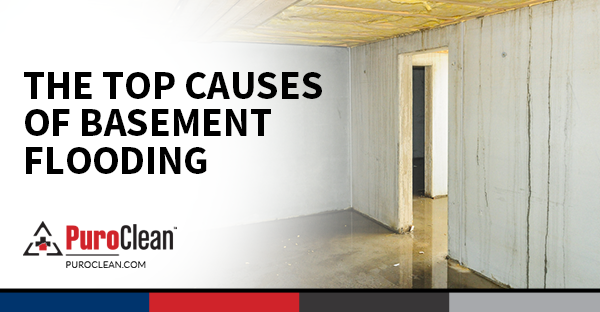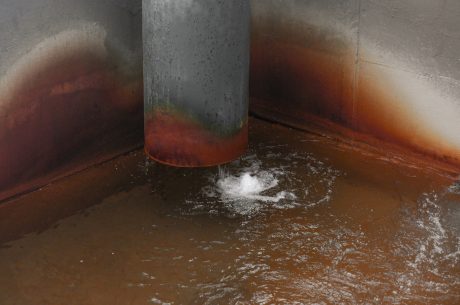Water damage can be a homeowner’s nightmare, leaving destruction in its wake. Whether it’s caused by a natural disaster or a plumbing mishap, the aftermath often results in significant disruption to everyday life. Understanding the cost implications of water damage restoration is crucial for anyone facing this unfortunate situation.
Here, we break down the typical costs associated with water damage restoration, helping you budget effectively and make informed decisions, ensuring you can return to normalcy as swiftly as possible.
Understanding Water Damage Restoration
Water damage restoration is the process of cleaning up, repairing, and restoring a home after it has been damaged by water. This can result from various causes, including flooding, burst pipes, or leaks, each presenting unique challenges. Restoration involves not only removing water and drying out the property but also repairing any damage and preventing further issues like mold growth. The goal is to return your home to its pre-damage condition, restoring its structural integrity and ensuring a safe living environment.
The process typically begins with an assessment to determine the extent of the damage and formulate a restoration plan. This assessment is crucial as it guides the entire restoration process, helping prioritize tasks and allocate resources efficiently. Specialized equipment, such as industrial-grade dehumidifiers and air movers, is often employed to ensure thorough drying and dehumidification. The choice of restoration techniques and equipment can significantly impact both the effectiveness and cost of the process.
Factors Affecting Water Damage Restoration Costs
The cost of water damage restoration can vary significantly based on several factors. Understanding these can help you anticipate potential expenses and plan accordingly:
- Extent of Damage: The more severe the damage, the higher the cost. Minor water damage may require simple repairs, while extensive damage might involve structural work such as rebuilding walls or floors. In severe cases, comprehensive reconstruction might be necessary, adding to the overall cost.
- Area Size: The size of the affected area plays a crucial role. Larger spaces will naturally require more resources to restore, including more labor and materials. Additionally, larger areas may take longer to dry and repair, increasing labor costs.
- Location: Costs can vary depending on your geographical location, as labor and materials may be more expensive in certain areas. Urban areas may have higher costs due to increased demand and the cost of living, while rural areas might face higher transportation costs for materials and equipment.
- Type of Water: Clean water damage is less expensive to treat compared to gray water (slightly contaminated) and black water (sewage or chemical-contaminated), which require specialized handling. The type of water not only affects the complexity of the cleanup but also the safety precautions that need to be taken.
- Duration: How long the water has been present can affect costs. Prolonged exposure can lead to more severe damage, such as mold growth, which requires additional remediation. The longer the water sits, the greater the risk of structural damage and mold, both of which significantly increase restoration costs.
Typical Costs for Water Damage Restoration

Understanding the typical costs involved in water damage restoration can help you prepare financially. Here’s a breakdown of what you might expect:
Average Costs
The national average cost for water damage restoration is approximately $2,700, but it can range from $1,200 to $5,500, depending on the factors mentioned above. These figures provide a general idea, but actual costs can vary widely based on specific circumstances. For instance, a small leak in a bathroom might cost significantly less to repair than a flooded basement.
The cost can also be influenced by the type of property. Residential properties might see different costs compared to commercial buildings due to differences in size, structure, and usage. It’s essential to get a detailed estimate tailored to your specific situation to avoid unexpected expenses.
Cost Per Square Foot
For a more detailed estimate, consider the cost per square foot. On average, water damage restoration costs between $3.75 and $7.50 per square foot. This includes cleaning, drying, and repairing the affected areas. Calculating costs per square foot can provide a more precise estimate, especially useful for budgeting larger projects.
This cost can fluctuate based on the severity and type of damage. For example, areas affected by black water might incur higher costs due to the need for specialized equipment and safety protocols. It’s important to work with professionals who can provide an accurate assessment of the damage and corresponding costs.
Breakdown of Costs
- Water Extraction: Removing standing water typically costs between $75 and $200 for the first hour and $50 to $100 for each additional hour. The cost can vary based on the volume of water and the equipment required for extraction. Quick extraction is crucial to minimize further damage and reduce overall restoration costs.
- Drying and Dehumidification: This can range from $100 to $300 per day, depending on the equipment used and the extent of the damage. Effective drying is critical to prevent mold growth and structural damage, making this a vital component of the restoration process.
- Repair and Reconstruction: Costs for repairing drywall, flooring, and other structural elements can range from $500 to $1,500 or more, based on the damage. These costs can escalate if major structural repairs are needed, such as replacing floors or rebuilding walls.
- Mold Remediation: If mold is present, expect to pay an additional $500 to $3,000, depending on the severity and spread. Mold remediation is essential for health and safety, as mold spores can cause respiratory issues and other health problems.
Insurance and Water Damage Restoration

Homeowners insurance often covers water damage restoration, but it’s important to understand your policy’s specifics. Typically, sudden and accidental damage is covered, such as a burst pipe. However, gradual damage, like leaks due to poor maintenance, may not be. It’s crucial to review your policy and understand what is and isn’t covered to avoid surprises.
Filing an Insurance Claim
- Document the Damage: Take photos and videos as soon as possible to document the extent of the damage. Detailed documentation can support your claim and facilitate the insurance process.
- Contact Your Insurance Provider: Notify them immediately to begin the claims process. Prompt communication with your insurer can expedite the approval and reimbursement process.
- Professional Assessment: Have a professional evaluate the damage and provide a written estimate for repairs. This assessment can serve as evidence for your claim and help ensure you receive adequate compensation.
Preventing Future Water Damage
Once your home is restored, take steps to prevent future water damage. Proactive measures can save you from the stress and expense of future incidents:
- Regular Inspections: Check your home’s plumbing and roof regularly for leaks and potential issues. Early detection of problems can prevent minor issues from escalating into major damage.
- Install Water Alarms: These devices alert you to leaks or flooding, allowing for prompt action. Early warning systems can significantly reduce response time, minimizing potential damage.
- Proper Drainage: Ensure that your gutters and downspouts are clear and direct water away from your home. Effective drainage systems are crucial for preventing water accumulation and potential flooding.
Conclusion
Water damage restoration can be an expensive nd stressful process, but understanding the typical costs and what to expect can help you navigate it more effectively. By being proactive, you can minimize damage and ensure that your home is restored safely and efficiently. Knowledge is your best defense against the financial and emotional toll of water damage. For expert water damage restoration services in Bartlett, contact our team at PuroClean of Bartlett today!




 PuroClean of Bartlett
PuroClean of Bartlett